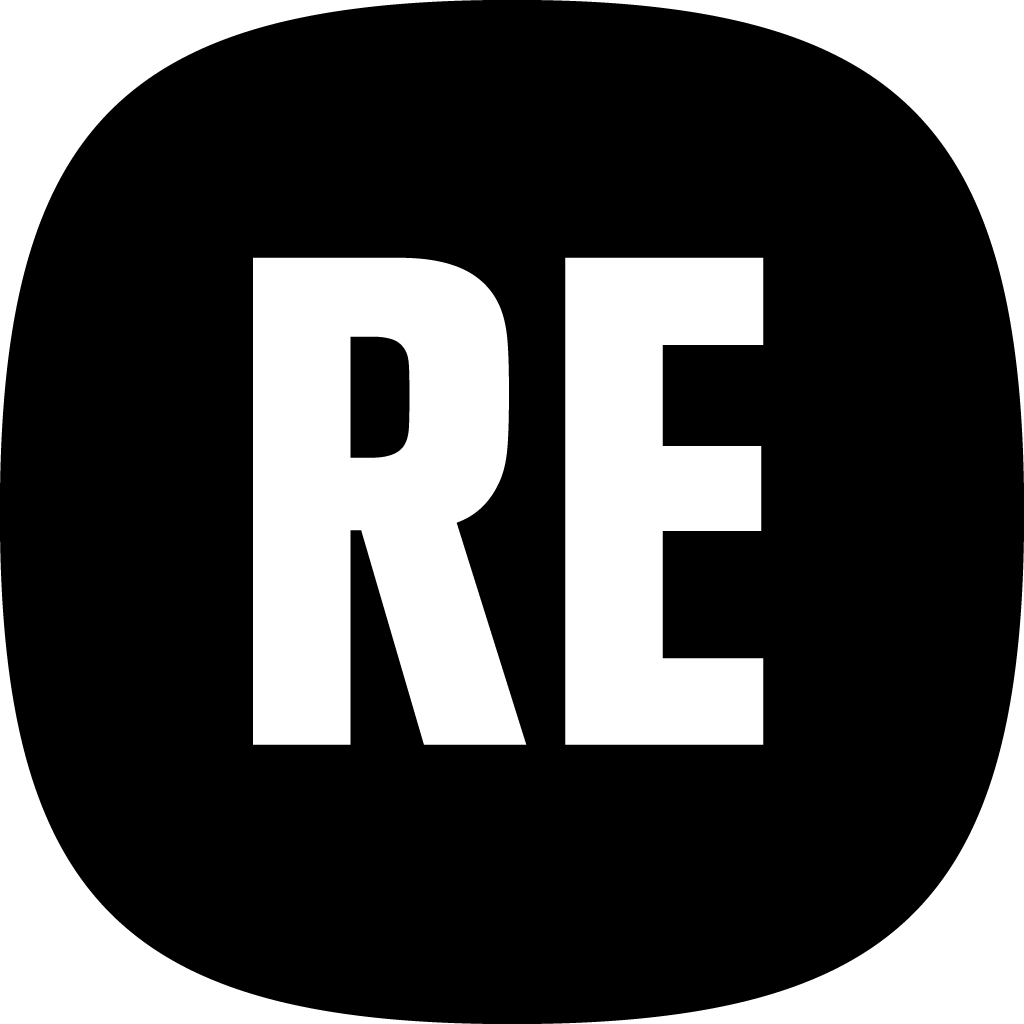Serfenta Association
WHO
Serfenta Association is a Polish non-governmental organization based in Cieszyn, operating at the intersection of craft, culture, and entrepreneurship. With a team of two full-time staff, a business advisor, and several part-time craft instructors, Serfenta has over 17 years of experience in revitalizing traditional basketry through a modern, business-oriented lens. Accredited by UNESCO and recognized by awards such as the Europa Nostra Award and the Jeonju International Award for Promoting Intangible Cultural Heritage, Serfenta brings a unique perspective to the cultural heritage field by treating craft not as static tradition but as a living, evolving economic resource.
Their mission focuses on sharing and managing knowledge about intangible heritage—especially basketry—through education, participatory workshops, and innovative business practices. Known for their original “Innovation Model of Craft Revitalisation” (IMCR), Serfenta is a thought leader in using heritage to foster economic and social sustainability.
WHAT
Serfenta participated in the RECHARGE Living Lab to test how their IMCR model could be scaled and adapted beyond their own organization. Their main challenge was scaling: how to make their innovative model applicable to other contexts, institutions, and regions. The goal was to evolve their work into a more universal and adaptable service that could help others unlock the potential of their cultural heritage for social and economic benefit.
What began as a project to expand their internal model quickly grew into a broader initiative: HI! Heritage Impact—a new, expert-driven platform that offers tailored heritage-based solutions for cities, regions, and organizations. Instead of promoting one-size-fits-all tools, HI! provides customized frameworks based on the unique cultural assets and needs of each partner.
The initiative addresses key challenges in the heritage sector, including:
Reframing tradition as a dynamic driver of innovation.
Enabling cultural NGOs to diversify income streams through services.
Empowering local communities to use heritage as a tool for identity, tourism, and economic growth.
HOW
Serfenta implemented their Living Lab through a structured yet adaptive process grounded in co-creation, expert collaboration, and real-world testing. Their methodology included:
Building a Community of Experts: A group of seven women with backgrounds in culture, design, business, and research was formed. Together, they brainstormed scalable services and new approaches to cultural heritage.
Design Thinking and Iterative Prototyping: Serfenta used tools like the Business Model Canvas and Otwarte Karty (Open Cards) to co-create ideas, explore market needs, and design the HI! Heritage Impact model.
Real-World Engagement: Serfenta presented their evolving ideas at national and international forums (e.g. Masovian Heritage Forum, PICOBELLO project), which led to interest from organizations in Brazil and across Europe.
Feedback Loops: Key insights—like the realization that external stakeholders needed adaptable tools rather than a fixed model—were integrated back into the project, resulting in a pivot from the Serfenta model to the standalone HI! concept.
New Brand and Website: A new platform—hiheritage.com—was launched to showcase the offer and begin piloting solutions with external partners.
Sustainability Strategy: Recognizing the need for further funding, Serfenta successfully applied for the Polish National Recovery Fund to complement RECHARGE support, enabling them to scale up their activities.
Key Outputs Include:
HI! Heritage Impact service offer.
A new, dedicated website.
Tools and frameworks for research, innovation, and design in the heritage sector.
A growing network of clients and partners across sectors.
PROBLEMS SOLVED
Through RECHARGE, Serfenta addressed several critical issues:
Scalability: Transitioning from an internal innovation model to a versatile, scalable service.
Visibility and Positioning: Rebranding from a basketry-focused NGO to an interdisciplinary heritage innovation hub.
Stakeholder Engagement: Building a broader community of clients and partners through meaningful engagement and participatory development.
Economic Sustainability: Developing a market-ready service portfolio supported by dual funding streams (grant and entrepreneurial income).

Share